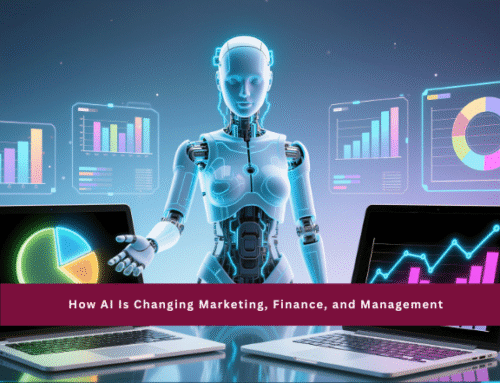Entering the job market can be a daunting experience, especially for recent graduates who are just starting their professional journeys. The UK job market, like many others, has experienced significant shifts over the past few years. Understanding these changes and how to navigate them can make a big difference in securing your ideal position. In this blog, we’ll explore the current state of the UK job market, and the impact of the pandemic, and provide actionable tips for new graduates to boost their employability.
The Current State of the UK Job Market
In 2024, the UK job market continues to demonstrate indications of development and recovery from the turmoil caused by the COVID-19 epidemic. There is a strong need for qualified workers in sectors including technology, healthcare, and green energy. On the other hand, several industries, including retail and hospitality, are still adjusting to the post-pandemic environment.
Work models that combine remote and hybrid work styles have grown commonplace, providing flexibility but also raising competition for jobs. Graduates should be aware that a lot of jobs these days call for a combination of technical expertise and the capacity to operate autonomously in a remote setting.
The Impact of the Pandemic
The pandemic has fundamentally altered the job market landscape. Here are some key ways it has influenced employment:
Increased Digital Transformation: Professionals with tech expertise are in high demand as a result of the acceleration of the move to digital tools and remote work. Digital marketers, cybersecurity experts, and data analysts are in high demand as graduates.
Evolving Job Roles: Numerous once-dominant occupational roles have changed or vanished, to be replaced by entirely new ones. For instance, in today’s economy, positions in remote team management and virtual event planning have become crucial.
Focus on Soft Skills: Soft skills like problem-solving, communication, and adaptability are becoming more and more valuable to employers. It is now essential to be able to collaborate in a virtual setting.
Career Path Adjustments: Some graduates may find that their ideal career paths have shifted or that new opportunities have arisen. Flexibility and openness to exploring different fields can be beneficial.
Tips for Graduates Entering the Job Market
Leverage Your Network: Networking remains one of the most effective ways to find job opportunities. Connect with alumni, attend industry events (virtual or in-person), and engage with professionals on platforms like LinkedIn. Building relationships can lead to valuable insights and job leads.
Enhance Your Digital Presence: Being well-represented online might help you stand out from the competition. Make sure your LinkedIn profile is current, highlight your accomplishments and abilities, and think about developing a personal website or portfolio to display your work.
Stay Informed and Adapt: Since the employment landscape is always changing, it’s critical to keep up with new developments in both established and growing industries. To keep current and catch the attention of companies, think about obtaining an online certification or course.
Tailor Your Applications: Tailor your resume and cover letter to the particulars of each application you submit. Draw attention to your relevant experiences and talents and show the organisation how you might benefit it.
Prepare for Remote Interviews: Virtual interviews are becoming commonplace as remote work becomes more prevalent. Make sure your interview space is clear of distractions, dress properly, and feel at ease using video conferencing equipment.
Be Persistent and Patient: Finding a job may be a difficult and drawn-out process. Don’t let rejections depress you; instead, have an optimistic outlook and keep applying. The secret to success is perseverance and initiative.
Conclusion
The UK job market is dynamic and full of opportunities for graduates who are prepared to navigate its complexities. By understanding the current landscape, adapting to changes brought about by the pandemic, and implementing strategic job search techniques, you can enhance your chances of finding a rewarding career.
Remember, every challenge presents an opportunity for growth. Embrace the evolving job market with confidence, and you’ll be well on your way to achieving your career goals.




